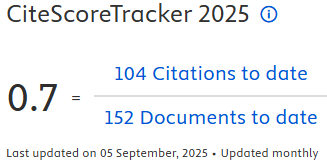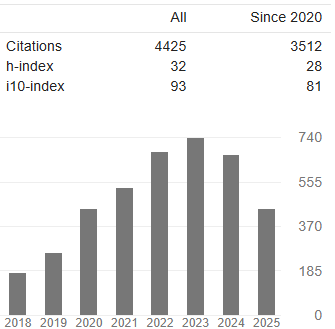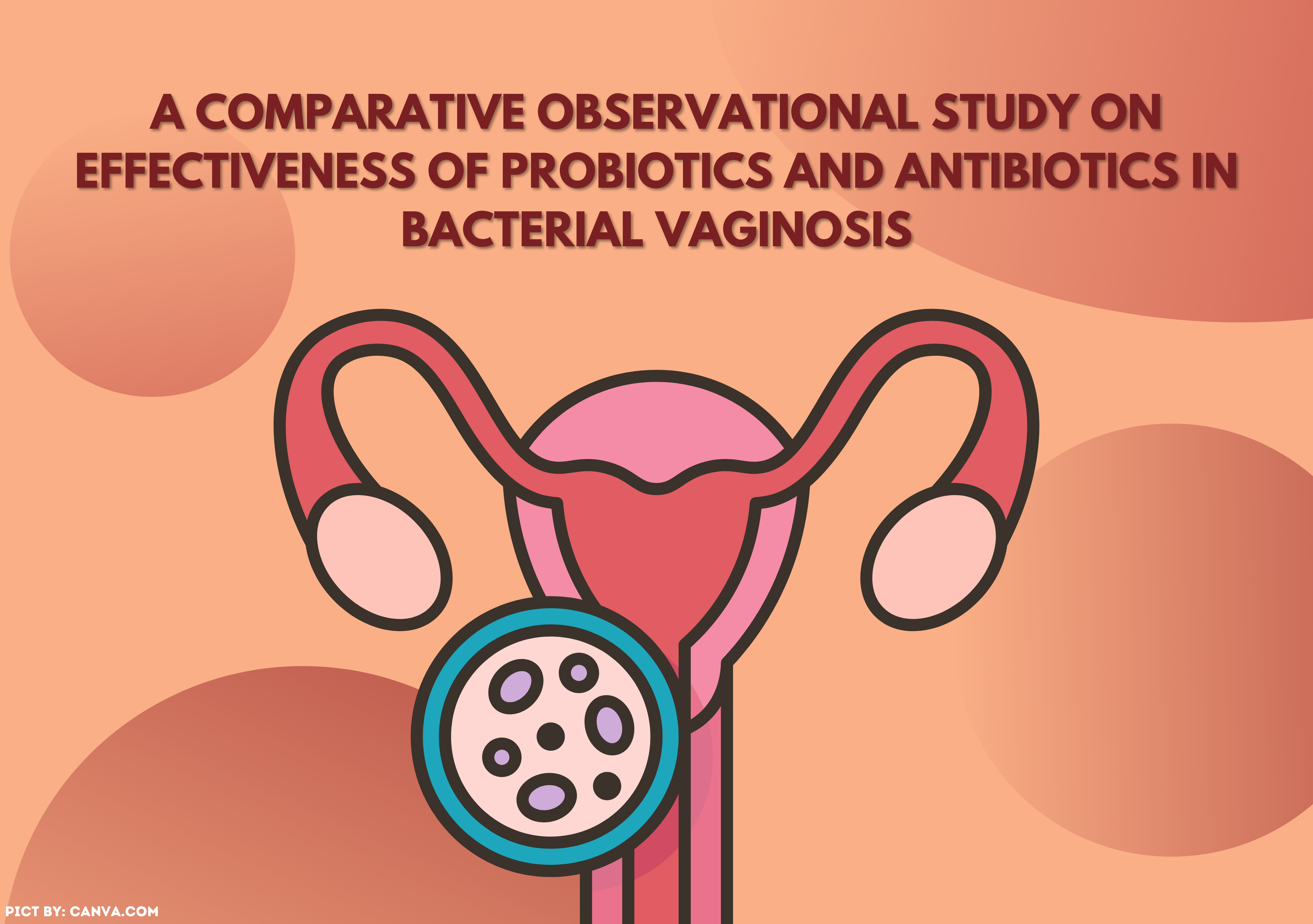THE INFLUENCE OF EXTERNAL FACTORS ON OBEDIENCE TO COLLECT THE REPORT OF MINIMUM SERVICE STANDARD AT SURABAYA HAJJ GENERAL HOSPITAL

Introduction: Quality is the suitability between the work carried out and the standards or requirements that have been set. As a quality guideline, hospitals in Indonesia use minimum service standards. Based on the operational report of Surabaya Hajj General Hospital in 2016, it shows that 62.09% of units are non-obedient in collecting minimum service standard reports and 23.66% of units have collected minimum service standard-reports within a time set, that means in 12 months during 2016 from 31 working units only four units are obedient in collecting minimum service standard reports. Methods: The research population is 31 heads of work units of minimum service standard reports in each work unit at Surabaya Hajj General Hospital. Sample calculation uses a simple random sampling technique with confidence interval 0.05 so that a large sample is obtained, 29 unit heads. Result: The results of the obedience influence test in collecting a minimum service standard reports use a logistical regression of five variables to indicate if, between location status (p=0.154), legitimacy of an authority figure (p=0.661), authority figure status (p=0.782), and proximity of authority figure (p=0.711) have no significant effect. Meanwhile, peer support (p=0.009) has a significant influence on officer obedience in collecting minimal service standards reports. Conclusion: the support of colleagues from each subunit needs to be improved and also by providing training on interpersonal communication to officers to more easily communicate with colleagues, as well as holding discussion forums between officers in work units attended by management to improve relations between employees.
Andersen, M. L. and Taylor, H. F. (2008) Sociology Understanding a Diverse Society. Fourth. USA: Thomson Learning. Inc.
Atkinson (1983) Pengantar Psikologi. Jakarta: Erlangga.
Bègue, L. et al. (2017) ‘Values and indirect noncompliance in a Milgram-like paradigm', Social Influence. Routledge, 12(1), pp. 29–40. doi: 10.1080/15534510.2017.1314980.
Cialdini, R. B. and Martin, S. J. (2004) The Science of Compliance. United States of America: Arizona State University.
Dolinski, D. and Grzyb, T. (2019) ‘The (doubtful) role of financial reward in obedience to authority', The Journal of Social Psychology. Routledge, 159(4), pp. 490–496. doi: 10.1080/00224545.2018.1505708.
Ernawaty, E. et al. (2019) ‘The behavior of specialist towards completeness of medical records', International Journal of Healthcare Management. Taylor & Francis, pp. 1–6. doi: 10.1080/20479700.2019.1658163.
Fattori, F. et al. (2015) ‘Authority relationship from a societal perspective: Social representations of obedience and disobedience in Austrian young adults', Europe's Journal of Psychology. PsychOpen, a publishing service by Leibniz Institute for Psychology Information (ZPID), Trier, Germany (www.zpid.de)., 11(2), pp. 197–213. doi: 10.5964/ejop.v11i2.883.
Fernald, L. D. (2007) Psychology: Six Perspectives 1st Edition. Los Angeles: SAGE Publications.
Griggs, R. A. (2016) ‘Milgram's Obedience Study: A Contentious Classic Reinterpreted', Teaching of Psychology, 44(1), pp. 32–37. doi: 10.1177/0098628316677644.
Haslam, N., Loughnan, S. and Perry, G. (2014) ‘Meta-Milgram: An Empirical Synthesis of the Obedience Experiments', PLOS ONE. Public Library of Science, 9(4), pp. 1–9. doi: 10.1371/journal.pone.0093927.
Jeli, M. . (2014) ‘Kepatuhan Perawat Dalam Melaksanakan Standar Prosedur Operasional Pemasangan Infus di Rumah Sakit PKU Muhammadiyah Gombong', Mutiara Medika, 14, pp. 51–62.
Karakostas, A. and Zizzo, D. J. (2016) ‘Compliance and the power of authority', Journal of Economic Behavior and Organization. Elsevier B.V., 124, pp. 67–80. doi: 10.1016/j.jebo.2015.09.016.
Kosloff, S. et al. (2017) ‘Assessing relationships between conformity and meta-traits in an Asch-like paradigm', Social Influence. Routledge, 12(2–3), pp. 90–100. doi: 10.1080/15534510.2017.1371639.
Kusumadewi, S., Hardjajani, T. and Priyatama, A. N. (2012) ‘Hubungan antara Dukungan Sosial Peer Group dan Kontrol Diri dengan Kepatuhan terhadap Peraturan pada Remaja Putri di Pondok Pesantren Modern Islam Assalam Sukoharjo', Jurnal Ilmiah Psikologi Candrajiwa, 1(2).
Mahfudhoh, S. and Rohmah, T. N. (2015) ‘Faktor Yang Mempengaruhi Kepatuhan Penulisan Resep Sesuai Formularium', Jurnal Administrasi Kesehatan Indonesia, 3, pp. 21–30. doi: 10.20473/jaki.v3i1.2015.21-30.
Milgram, S. (1963) ‘Behavioral study of obedience', Journal of Abnormal and Social Psychology, (67), pp. 371–378.
Milgram, S. (1974) Obedience to Authority: An Experimental View. New York: Harper and Row.
Ministry of Health (2008) ‘Peraturan Menteri Kesehatan Republik Indonesia Nomor : 129/Menkes/SK/II/2008 Tentang Standar Pelayanan Minimal Rumah Sakit', in.
Ministry of Health (2016) ‘Peraturan Menteri Kesehatan RI No.43 Tahun 2016 tentang Standar Pelayanan Minimal Bidang Kesehatan', in 31 Agustus 2016, p. 79.Myers, D. G. (2012) Psikologi Sosial. Jakarta: Salemba Humanika.
Myers, D. G. (2014) Psikologi Sosial. Jakarta: Salemba Humanika.
Natasia, N. and Kurniawati, J. (2014) ‘Faktor yang Mempengaruhi Kepatuhan Pelaksanaan SOP Asuhan Keperawatan di ICU-ICCU RSUD Gambiran Kota Kediri Factors Affecting Compliance on Nursing Care SOP Implementation in ICU -ICCU Gambiran Hospital Kediri', Jurnal Kedokteran Brawijaya, 28(1), pp. 21–25.
Passini, S. and Morselli, D. (2010) ‘The obedience-disobedience dynamic and the role of responsibility', Journal of Community and Applied Social Psychology, 20(1), pp. 1–14. doi: 10.1002/casp.1000.
Puji, A. D., Kurniawan, B. and Jayanti, S. (2017) ‘Faktor Faktor Yang Berhubungan Dengan Kepatuhan Penggunaan Alat Pelindung Diri Pada Pekerja Rekanan (PT. X) Di Pt Indonesia Power Up Semarang', Jurnal Kesehatan Masyarakat (e-Journal), 5(5), pp. 20–31.
Putri, A. M. (2018) ‘Gambaran Figur Otoritas Terhadap Kepatuhan Perawat Dalam Implementasi Standar Prosedur Operasional Kebersihan Tangan', Jurnal Administrasi Kesehatan Indonesia, 6(2), p. 164. doi: 10.20473/jaki.v6i2.2018.164-172.
Reicher, S. D., Haslam, S. A. and Miller, A. G. (2014) ‘What makes a person a perpetrator? The intellectual, moral, and methodological arguments for revisiting Milgram's research on the influence of authority', Journal of Social Issues, 70(3), pp. 393–408. doi: 10.1111/josi.12067.
RSUD Haji Surabaya (2017) Laporan Kinerja BLUD Rumah Sakit Umum Haji Surabaya Tahun 2017, RSUD Haji Surabaya.
Russell, N. (2014) ‘Stanley Milgram's obedience to authority "relationship” condition: Some methodological and theoretical implications', Social Sciences, 3(2), pp. 194–214. doi: 10.3390/socsci3020194.
Sarafino, E. P. and Smith, T. W. (2012) Health Psychology: Biopsychosocial Interactions. 7th edn. New York: John Wiley & Sons, Inc.
Sarwono (1993) Psikologi Sosial Suatu Pengantar. Yogyakarta: Fakultas Psikologi UGM.
Shaw, M. E. (1979) The Psychology of Small Group Behaviour. New Delhi: The McGraw-Hill Publising Company Ltd.
Ulum, M. M. and Wulandari, R. D. (2016) ‘Faktor Yang Mempengaruhi Kepatuhan Pendokumentasian Asuhan Keperawatan Berdasarkan', Dolor, 31(2), pp. 70–76. doi: 10.1017/CBO9781107415324.004.
Wijaya, H. (2012) Analisis Pelaksanaan Standar Pelayanan Minimal Rumah Sakit Bidang Farmasi Di Instalasi Farmasi Rumah Sakit Tugu Ibu Tahun 2012. Universitas Indonesia.
Wirawan (2007) Evaluasi Kinerja Sumber Daya Manusia. Jakarta: Salemba Empat.
Yulk and Gary (2005) Kepemimpinan dalam Organisasi. Jakarta: PT. Indeks.
Copyright (c) 2022 The Indonesian Journal of Public Health

This work is licensed under a Creative Commons Attribution-NonCommercial-ShareAlike 4.0 International License.
- The authors agree to transfer the transfer copyright of the article to The Indonesian Journal of Public Health effective if and when the paper is accepted for publication.
- Authors and other parties are bound to the Creative Commons Attribution-NonCommercial-ShareAlike 4.0 International License for the published articles, legal formal aspect of journal publication accessibility refers to Creative Commons Attribution-NonCommercial-ShareAlike 4.0 International License (CC BY-NC-SA), implies that:
- Attribution ” You must give appropriate credit, provide a link to the license, and indicate if changes were made. You may do so in any reasonable manner, but not in any way that suggests the licensor endorses you or your use.
- NonCommercial ” You may not use the material for commercial purposes.
- ShareAlike ” If you remix, transform, or build upon the material, you must distribute your contributions under the same license as the original.































